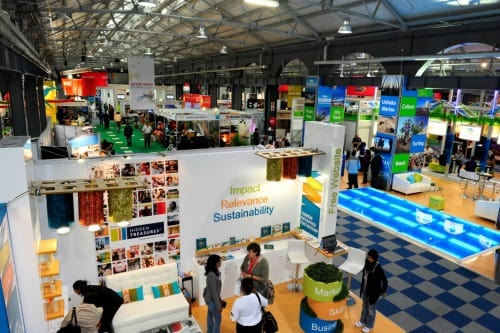King Mswati III (pictured) has increased his annual household budget for 2014 by more than 10 percent to $61 million, putting added pressure on an already impoverished country, according to the Guardian.
RELATED: Erykah Badu Under Fire for Singing B-Day Song to Swaziland King
Keep Up With Face2Face Africa On Facebook!
For the new budget of the king, whose personal fortune is estimated at around $200 million (R2 billion), he makes provisions for his salary, his mother’s upkeep, and royal aides.
This also includes provisions for construction work on his palaces that will cost the taxpayer about $12,6 million (R129 million). The royal budget is not debated in parliament, though, as discussions about the budget would be seen as challenging Africa’s last absolute monarch.
Adding to the lack of transparency, audits of the budget are only presented to the king himself and the Royal Board of Trustees chaired by the Minister of Finance.
Mswati, who rules Swaziland with an iron fist, has resisted democratic reforms and his extravagant lifestyle amid vast poverty has been criticized by pro-democracy activists.
The small kingdom is one of the poorest nations in southern Africa, where more than 60 percent of the population of 1,2 million live on less than $1 (R10,31) a day. In the budget, however, the social grant for the elderly remained unchanged at around $19 (R195,84) a month.
And in a 2013 report by the Central Bank of Swaziland, it revealed that the country’s GDP growth declined from 0,7 percent in 2011 to 0,2 percent in 2012.
The International Monetary Fund (IMF) recently criticized the Swaziland government’s high public wage bill, which totals $34 million (R350 million) a month.
“The country needs to look in to aspects of reducing its high cost on government’s wage bill, which may affect the current economic status,” said the IMF head of delegation, Jiro Honda, at the end of its mission this week.
Meanwhile, the country’s economy is propped up by revenue collection from the Southern Africa Customs Union (SACU), which makes up more than half of the budget.
SEE ALSO: No Quick Fixes in Jamaica’s Budget










